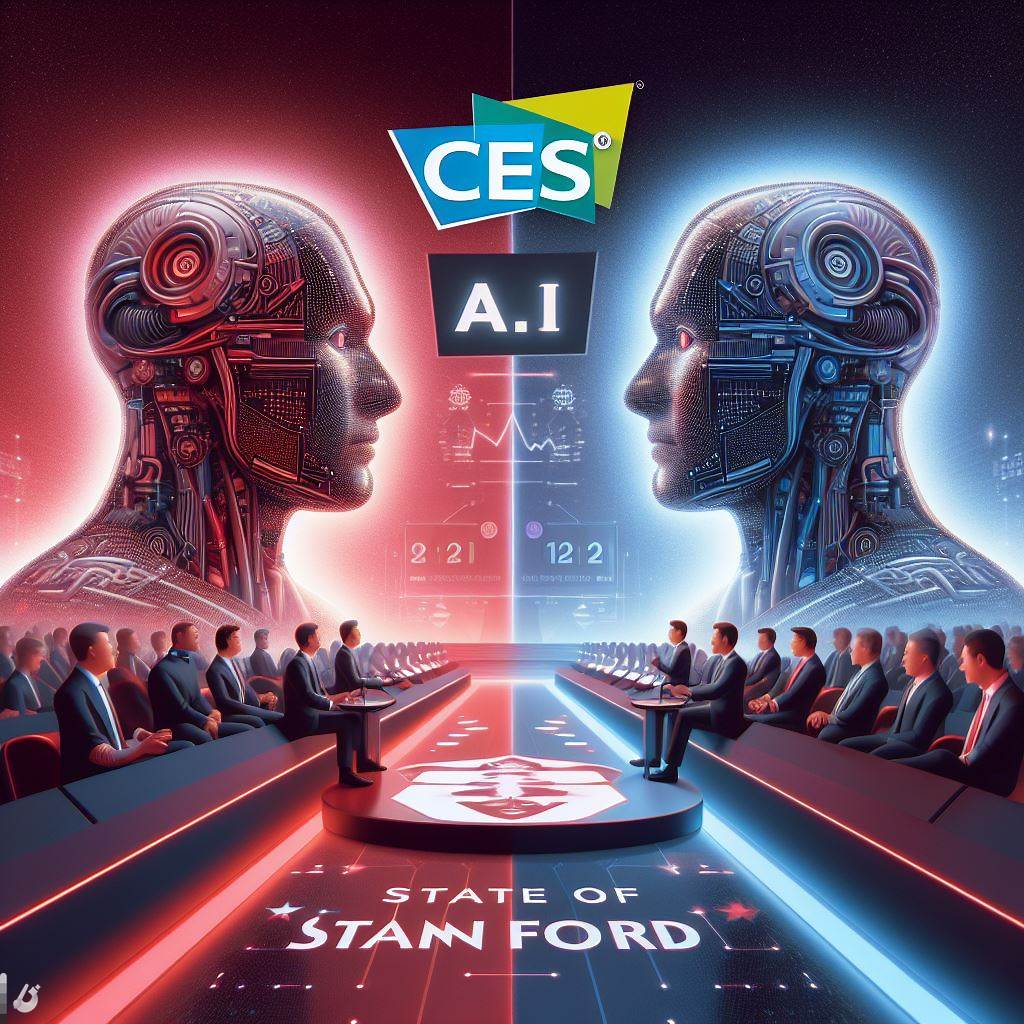
Artificial Intelligence (AI), a technology with a history of cycles marked by periods of euphoria and setbacks, is currently under scrutiny regarding its trajectory. The question of whether the industry is on the brink of another "AI winter" was addressed during a panel discussion at CES titled "Great Minds, Bold Visions: What’s Next for AI?"
According to Andrew Ng, founder of Google Brain, the industry is not entering a winter. Ng emphasizes the robust business fundamentals of AI, asserting, "The business fundamentals of AI are stronger than ever, even before the generative AI wave that took off last year." He compares AI to electricity, describing it as a general-purpose technology applicable across various domains.
Fei Fei Li, co-director of Stanford’s Human-Centered AI Institute, agrees, stating that AI is experiencing an inflection point, particularly with the emergence of large language models like ChatGPT. She sees AI evolving into a "deepened horizontal technology," becoming a transformative force in the next digital and industrial revolution.
Looking ahead to 2024, Ng predicts the rise of large vision models, advancements in edge AI, and the growth of autonomous agents. He envisions AI influencing self-driving cars, running on personal devices, and performing complex tasks autonomously. Li, however, prefers the term "assistive agent," emphasizing collaboration between AI and humans.
The debate extends to AI's impact on employment. Ng suggests that business decisions often prioritize Return on Investment (ROI) over ethical considerations. He illustrates the importance of systematically breaking down jobs into tasks to identify valuable opportunities for AI implementation.
The discussion also touches on the imprecision of the term "generative AI." Both Li and Ng express concerns about its overuse and advocate for more precise definitions.
As for the future, Li predicts a diffusion of AI influence across various sectors in 2024, making it challenging to single out one dominant company. Ng adds that the success of technology infrastructure requires a flourishing application layer, generating revenue to sustain innovation.
The New York Times' recent lawsuit against OpenAI and Microsoft is discussed, with Ng defending the companies. The lawsuit alleges copyright infringement due to AI models quoting news stories verbatim. Ng deems the lawsuit sensationalist, pointing out a bug that enabled verbatim text reproduction, which OpenAI can address.
Li acknowledges the "messiness" of generative AI and highlights the tension between technology and the creator economy. Both experts agree that copyright laws need to be adapted to the era of generative AI.
In conclusion, the AI landscape appears dynamic and promising, with ongoing debates and challenges that require careful consideration and adaptation of legal frameworks.